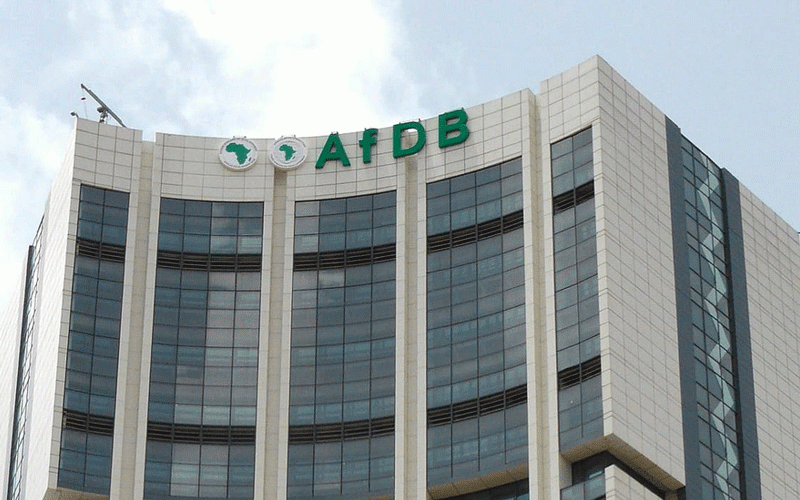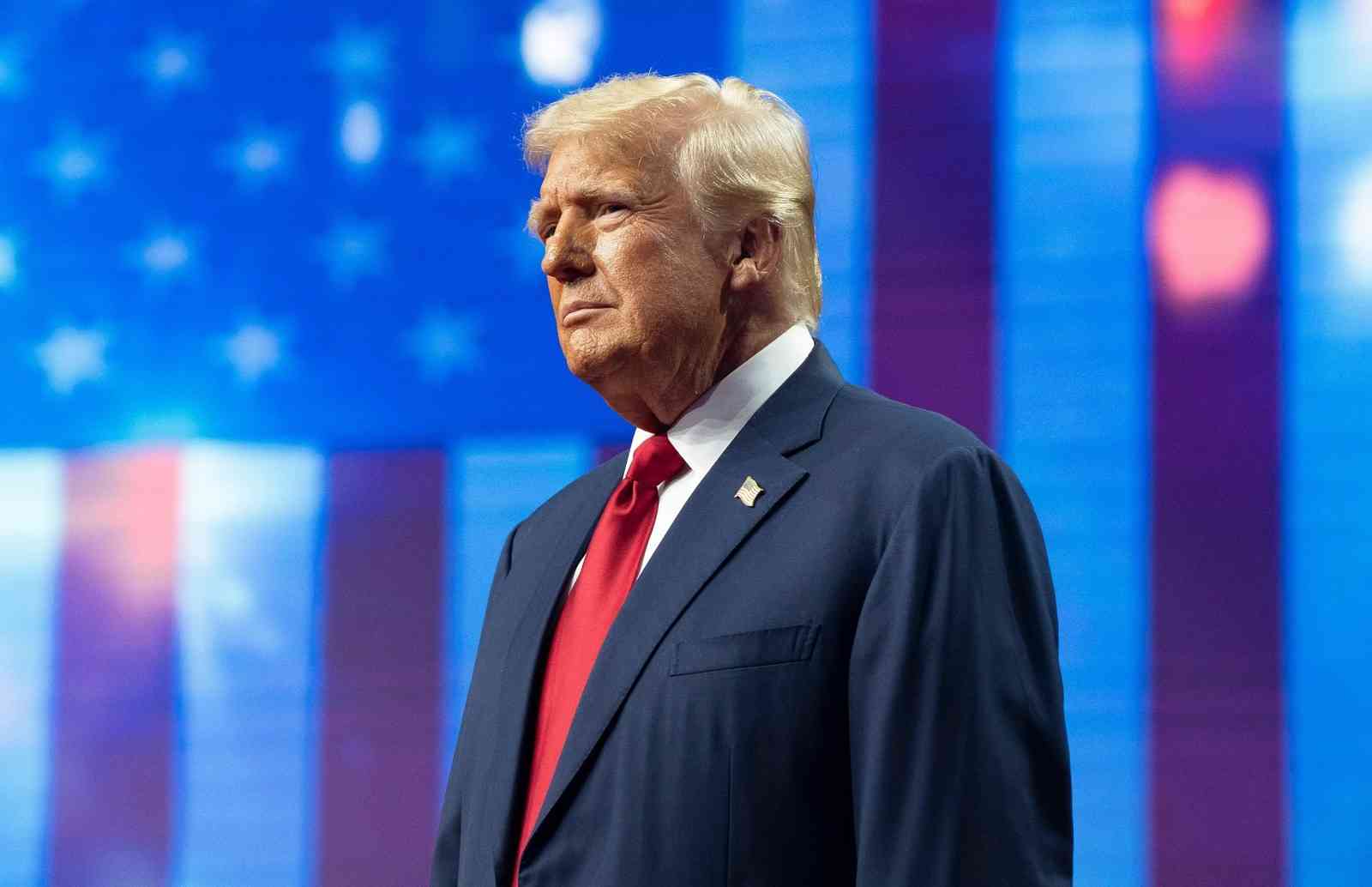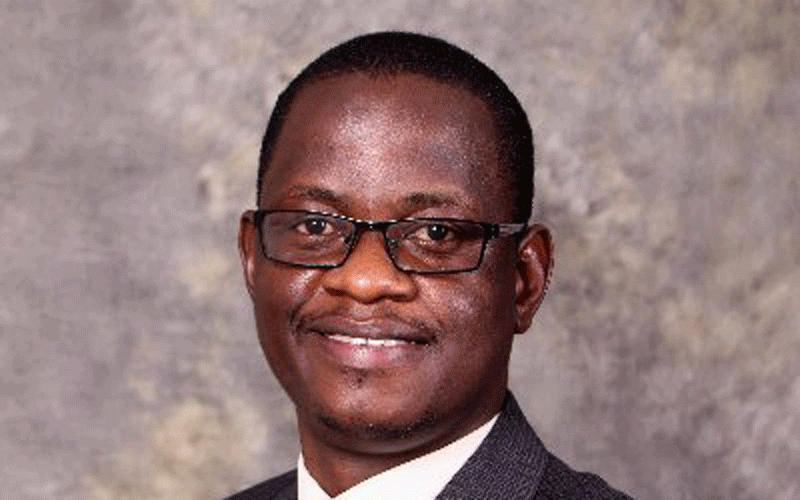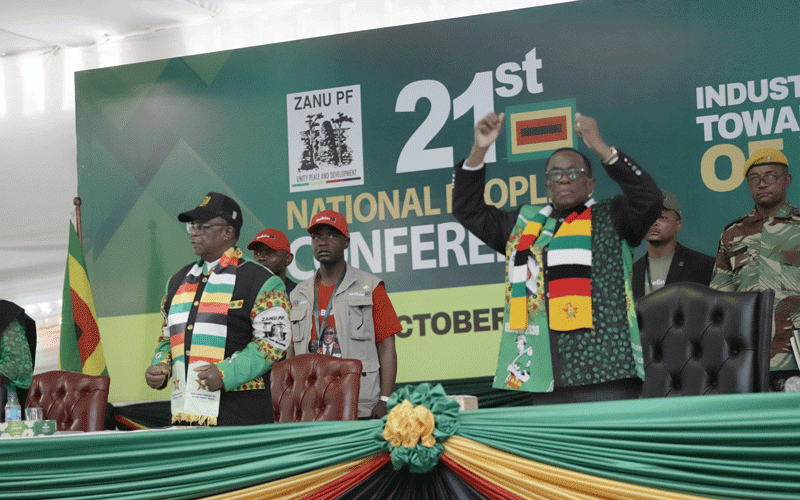
THE African Development Bank (AfDB) has urged Southern African Development Community (Sadc) countries to collaborate on adding value and beneficiating their mineral resources, a strategic move that could significantly enhance economic growth and development across the region.
Most African countries produce and export mainly unprocessed crops or minerals, losing out billions of dollars in potential revenue in the process.
AfDB country director for Zimbabwe, Moono Mupotola, told Standardbusiness that it was critical for Sadc to develop a common investment policy framework to attract foreign direct investment inflows, ensuring that each country at play benefits.
“Value-addition and beneficiation of natural resources are crucial for our region’s development,” she said.
“Sadc countries are endowed with critical minerals, and we need to work together to attract foreign direct investment, develop common strategies, and ensure each country benefits.
“Joining hands will enable us to manufacture components for electric vehicles, increase infrastructure, and create jobs. We need to capitalise on our comparative advantages and develop a common investment policy framework to attract investment to the region.”
She also noted the need to revamp and resuscitate the railway system across the region to cut down on transportation costs and increase trade.
“To position ourselves in the African continent’s retail trade, we need common strategies, action plans, and efficient transport systems, such as railways,” Mupotola said.
- New perspectives: Building capacity of agricultural players in Zim
- New perspectives: Building capacity of agricultural players in Zim
- Xenophobic attacks against Zimbabweans barbaric
- AfDB president Adesina coming to Zimbabwe
Keep Reading
“By working together, we can reduce transport costs, increase trade, and drive economic growth. We need to think regionally, not just nationally, to unlock our full potential.”
The AfDB country director added that Sadc countries should address border movement policies, encourage free movement of talent, and be creative in the approach to benefit from the African Continental Free Trade Area.
“Not everyone can do electric vehicles, so joining together might be a good way. And I am glad that within the Sadc region we have DRC and Zambia that have decided to join hands.
“I would urge other Sadc countries to also start looking at what sort of components do electric vehicles have. So, for example, you might have, when we are looking at these critical minerals, we might have more engineers in Zimbabwe, but no engineers stay in Zambia and DRC.
“So, how do we encourage, how do we ensure that that talent moves from Zimbabwe to Zambia and provides input?”
She emphasised a need to retool some of the companies in the private sector who have the potential to boost exports from the region with each country playing its part.
“We also need to cut down on transport costs, because in some countries transport costs make up at least 40% of the product,” Mupotola noted.
“So, we need to look at how we bring efficiency to our transport sector, especially railways, because we are a very mineral rich region, we look at how we rehabilitate our railways.”
She added: “Then we start looking at our private sector; retool some of our companies in the private sector that have that capacity so that they also start exporting. That way we increase infrastructure amongst ourselves, start providing inputs to those electric vehicles that are being manufactured within the region.
“That way we add more jobs. I think we need to position ourselves and look at what it is that we can offer to the rest of Africa.”










